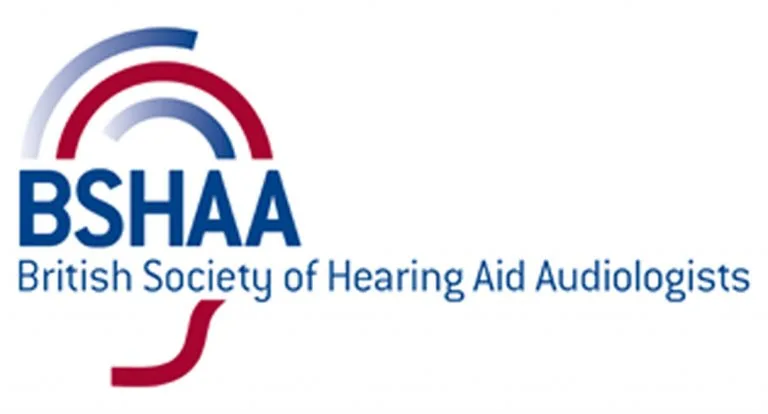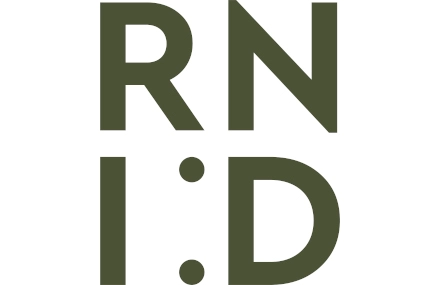Maintaining and Caring for Your Hearing Aids
In this article, we'll look at some tips and best practices for maintaining and caring for your hearing aids.
Clean Your Hearing Aids Regularly
Cleaning your hearing aids is an essential part of maintaining them. Earwax, dirt, and debris can build up on the devices over time, causing them to malfunction or stop working altogether.
To clean your hearing aids, start by using a soft, dry cloth or a hearing aid brush to remove any visible debris. You can also use a small, soft-bristled brush to clean the microphone ports and other small crevices on the device.
Additionally, many hearing aids come with wax guards or filters that should be changed regularly. These guards prevent wax and debris from entering the device's internal components, which can cause damage or malfunction.
We can show you how to clean your hearing aids, its quick and easy and helps to keep your aid working perfectly for many years.
Store Your Hearing Aids Properly
When you're not using your hearing aids, it's important to store them properly to protect them from damage. The devices should be kept in a cool, dry place and away from direct sunlight.
You should also store your hearing aids in a case or container specifically designed for them. This helps prevent damage from accidental drops or impacts and also keeps them clean and protected from dust and debris.
Keep Your Hearing Aids Dry
Moisture can be a significant issue for hearing aids, as it can cause corrosion or damage to the device's internal components. Therefore, it's important to keep your hearing aids dry and avoid exposing them to excessive moisture.
If your hearing aids are exposed to a lot of moisture, for example if you engage in activities that cause excessive sweating, such as exercise, you may want to consider investing in a hearing aid dehumidifier. These devices remove moisture from the hearing aids, extending their lifespan and preventing damage.
Replace Your Hearing Aid Batteries Regularly
Hearing aid batteries typically last for several days to a few weeks, depending on the type of hearing aid and the level of use. It's important to replace your batteries regularly to ensure your hearing aids are working effectively.
Avoid Excessive Heat
Excessive heat can damage your hearing aids, so it's important to avoid exposing them to high temperatures. This includes keeping them away from direct sunlight, as well as avoiding leaving them in a hot car or near a heat source.
If you need to use a hair dryer, curling iron, or other heat-generating device, make sure to remove your hearing aids first to prevent damage.
Schedule Regular Maintenance Appointments
Even with proper care and maintenance, hearing aids may require occasional repairs or adjustments. It's a good idea to schedule regular maintenance appointments with us to ensure your devices are working correctly and to address any issues that may arise.
During these appointments, your hearing aids will be cleaned, checked for damage, and adjusted as necessary.
Be Gentle with Your Hearing Aids
Finally, it's important to handle your hearing aids gently to prevent damage or breakage. This means avoiding dropping them or exposing them to excessive force.
When inserting or removing your hearing aids, make sure to do so slowly and carefully, using a gentle touch. You should also be careful not to tug or pull on the wires or tubing connecting the hearing aids to your ears, as this can cause damage or loosen connections.
In addition to these general tips, there are also some specific care and maintenance practices that may be necessary depending on the type of hearing aids you use.
For example, if you use hearing aids that are designed to be worn in the ear canal, it's important to keep the ear canal clean and free of excessive earwax buildup. We can show you how to safely clean your ears and remove earwax without damaging your hearing aids.
Similarly, if you use behind-the-ear hearing aids, it's important to regularly clean the tubing and ear molds to prevent blockages or other issues.
If you're experiencing any issues with your hearing aids, such as decreased sound quality or discomfort, it's important to get them checked, a simple clean may get them back to working perfectly again.



